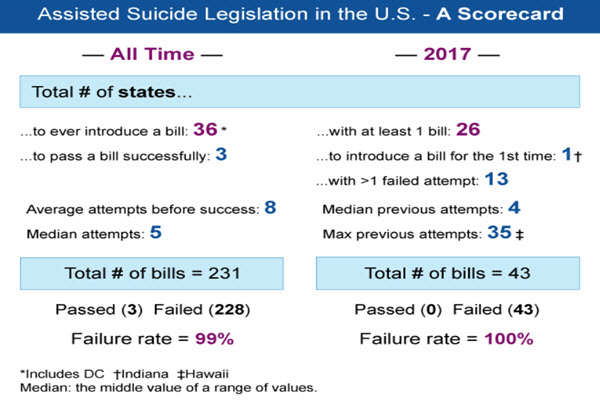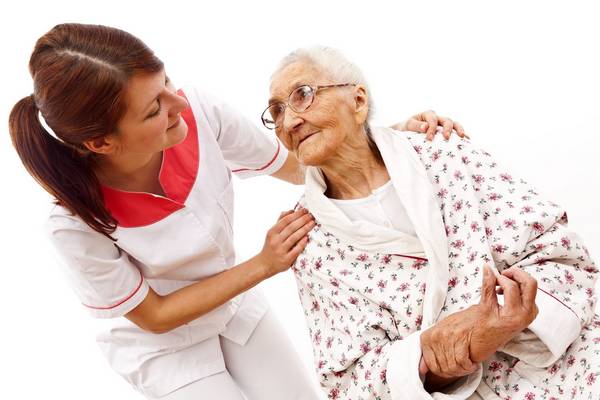Daily Mail 28 January 2017
Family First Comment: The Netherlands introduced the euthanasia law 17 years ago, and since then more than 5,500 people have ended their life, arguing that they are suffering unbearably. One of those who died was a sex abuse victim who suffered severe anorexia, chronic depression and hallucinations, and another was a severe alcoholic.
#slipperyslope
A Dutch woman doctor who drugged an elderly woman and then asked her family to hold her down as she fought desperately not to be killed did not break the law, according to medical experts citing the country’s euthanasia legislation.
The shocking case was referred to the so-called Regional Review Committee in the Netherlands which admitted that while the case involved some irregularities that merited a reprimand, the female doctor had effectively acted in good faith.
However they also added that the case should come to court so that judges can confirm that any other doctor who acts in good faith when providing euthanasia to people with dementia cannot be prosecuted.
Regional Review Committee Chairman Jacob Kohnstamm said: ‘I am convinced that the doctor acted in good faith, and we would like to see more clarity on how such cases are handled in the future.’
The Netherlands introduced the euthanasia law 17 years ago, and since then more than 5,500 people have ended their life, arguing that they are suffering unbearably. One of those who died was a sex abuse victim who suffered severe anorexia, chronic depression and hallucinations, and another was a severe alcoholic.
Every time a doctor performs euthanasia, they have to prepare a report for the coroner who sends the relevant documents to the Regional Review Committee.
In the latest controversial incident the unnamed woman, who was over 80, reportedly suffered from dementia and had earlier expressed a desire for euthanasia when she deemed that ‘the time was right’.
As her situation deteriorated, it became difficult for her husband to care for her, and she was placed in a nursing home.
Medical paperwork showed that she often exhibited signs of fear and anger, and would wander around the building at nights. The nursing home senior doctor was of the opinion that she was suffering intolerably, but that she was no longer in a position where she could confirm that the time was now right for the euthanasia to go ahead.
However the doctor was of the opinion that the woman’s circumstances made it clear that the time was now right.
The doctor secretly placed a soporific in her coffee to calm her, and then had started to give her a lethal injection.
Yet while injecting the woman she woke up, and fought the doctor. The paperwork showed that the only way the doctor could complete the injection was by getting family members to help restrain her.
It also revealed that the patient said several times ‘I don’t want to die’ in the days before she was put to death, and that the doctor had not spoken to her about what was planned because she did not want to cause unnecessary extra distress. She also did not tell her about what was in her coffee as it was also likely to cause further disruptions to the planned euthanasia process.
The Review Committee concluded that the doctor ‘has crossed the line’ by giving her the first sleeping medicine, and also should have stopped when the woman resisted.
The paperwork and the recommendations of the committee are now being considered by prosecutors and health officials.
Kohnstamm said he was in favour of a trial: ‘Not to punish the doctor, who acted in good faith and did what she had to do, but to get judicial clarity over what powers a doctor has when it comes to the euthanasia of patients suffering from severe dementia.’
It comes at a time when the Netherlands is considering a proposed extension to the law which would give all over-75s the right to assisted suicide.
READ MORE: http://www.dailymail.co.uk/news/article-4166098/Female-Dutch-doctor-drugged-patient-s-coffee.html?offset=0&max=100&jumpTo=comment-175426032

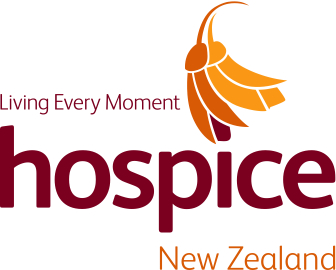
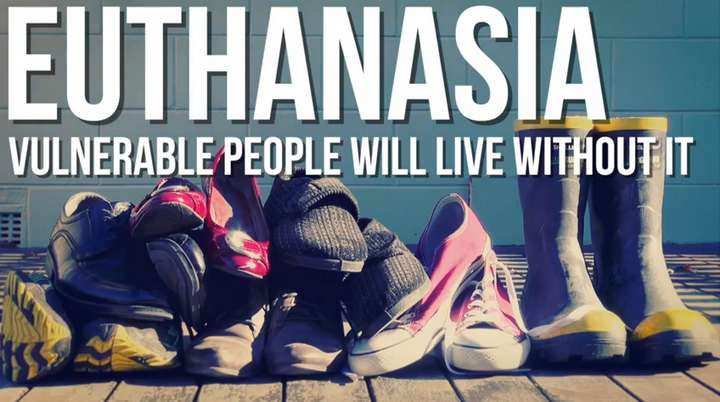

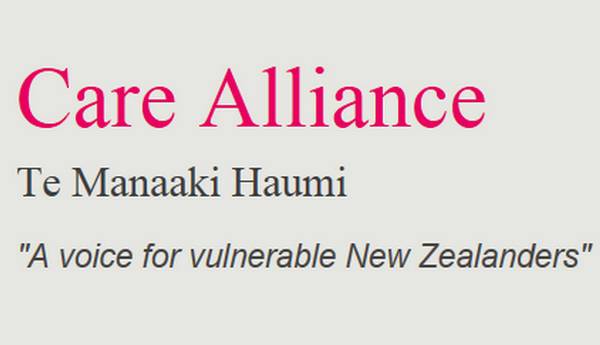
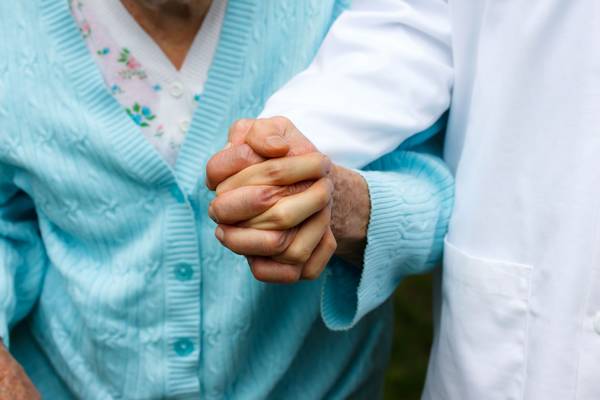

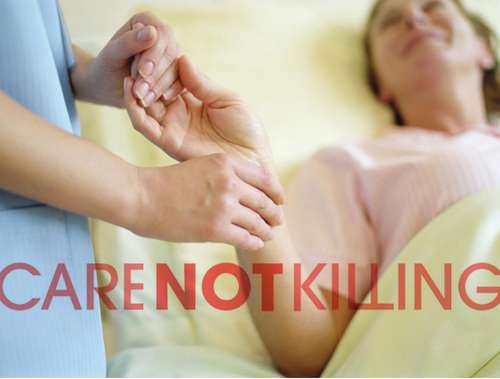
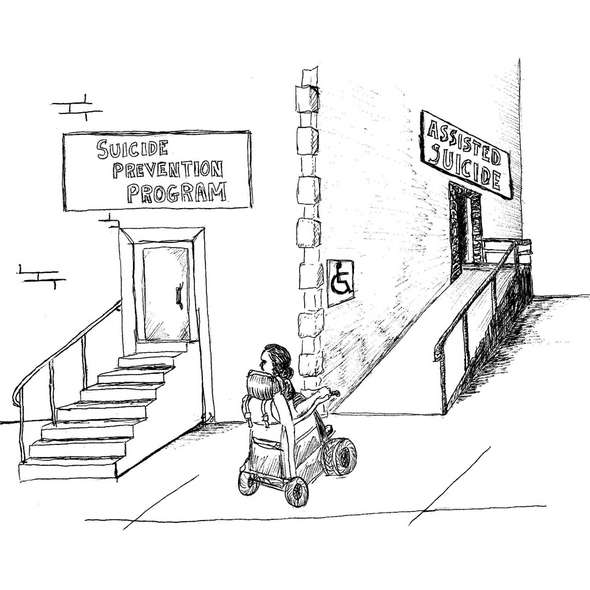
 Media Release 2 Aug 2017
Media Release 2 Aug 2017